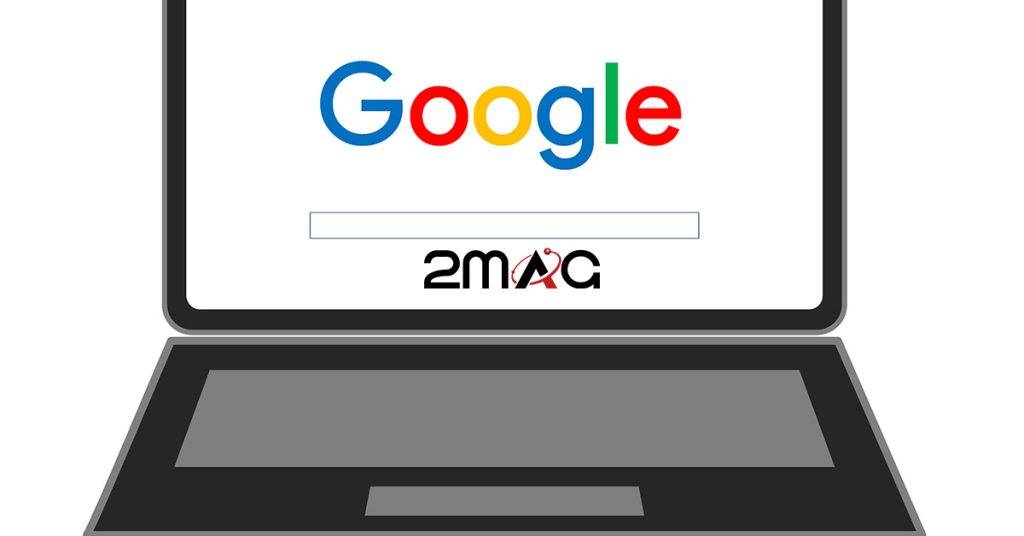In a rapidly evolving world, artificial intelligence (AI) stands at the forefront, reshaping society’s very fabric. Google rises to this challenge with the “Digital Futures Project”. This groundbreaking initiative aims to foster cross-sectoral research on AI’s societal impact. In this article, we delve deep into this project, exploring its objectives and potential to catalyze a global dialogue on responsible AI development.
Introduction to the Digital Futures Project :
We stand at the threshold of a new era dominated by artificial intelligence. Understanding its far-reaching implications is now more critical than ever. Google, a tech industry leader, has embarked on a mission to facilitate independent, cross-sectoral research on AI’s societal impact. The launch of the Digital Futures Project marks this significant step. This initiative seeks to amalgamate insights from diverse sectors, including academia, public policy, and civil society. It aims to illuminate the opportunities and challenges that AI presents.
In this article, we will unravel the layers of this initiative. We aim to offer you a comprehensive understanding of its goals and the potential societal impact.
Background or Context :
In recent years, rapid advancements in AI technology have revolutionized various aspects of human life, from healthcare to urban planning. However, this technological leap also poses significant questions regarding fairness, misinformation, and security. The Digital Futures Project emerges as a beacon of hope in this landscape. It aims to foster a multilateral dialogue on public policy by supporting independent thinkers in exploring critical AI-related questions.
Backed by a substantial $20 million fund managed by Google.org, this initiative signifies Google’s commitment to responsible AI development. It builds upon a comprehensive set of AI Principles and a governance team to oversee them.
Now, let’s explore the critical questions this project seeks to answer:
- What impact will AI have on global security?
- How will AI alter labor and economic structures?
- What are the optimal governance structures for responsible AI innovation?
With these questions as a backdrop, we will delve deeper into the Digital Futures Project’s main sections.

Main Section 1: Unveiling the Digital Futures Project :
The Vision Behind the Initiative :
The Digital Futures Project stands as a beacon of collaborative action. Google recognizes that a single corporation cannot tackle the challenges posed by AI. It calls for a concerted effort from various sectors of society to navigate the complex landscape of AI development. This initiative aims to foster a collaborative approach, uniting different stakeholders in the quest for a balanced and inclusive AI-driven future.
The Inaugural Grantees :
As a testament to its commitment, the project has already garnered support from notable names in the academic and policy spheres. Institutions like the Aspen Institute, Brookings Institution, and MIT Work of the Future have joined as inaugural grantees. These organizations are set to play a pivotal role in advancing independent research on AI, helping to shape a future where technology benefits everyone.

Main Section 2: The Broader Impact of the Digital Futures Project :
Facilitating Multilateral Dialogue :
The Digital Futures Project seeks to foster a comprehensive understanding of AI’s societal repercussions. It aims to create a platform where critical questions regarding AI’s impact on global security, economic structures, and governance can be explored in depth. This initiative stands as a testament to Google’s commitment to fostering a collaborative approach to AI development. It brings together insights from academia, public policy, and civil society to shape a responsible future.
A Catalyst for Change :
Moreover, the project signifies a shift in the approach to AI development. It acknowledges that the journey towards responsible AI is a collective endeavor. By catalyzing discussions and research, Google’s initiative could potentially pave the way for groundbreaking developments in AI governance and policy formulation. It embodies the spirit of collaboration, aiming to unite various stakeholders in the quest for a balanced and inclusive AI-driven future.

Conclusion: Reflecting on the Digital Futures Project’s Potential
As we navigate the complex terrain of artificial intelligence, initiatives like the Digital Futures Project emerge as beacons of hope, guiding us towards a future where technology serves humanity responsibly. Through this project, Google seeks to foster a global dialogue, encouraging the exchange of ideas and insights to navigate the challenges and opportunities that AI presents.
By establishing a $20 million fund, Google has set the stage for a collaborative research endeavor, bringing together the brightest minds from various sectors to explore the intricacies of AI’s societal impact. This initiative not only reflects Google’s commitment to responsible AI development but also holds the promise of shaping a future where technology is harnessed for the greater good.
As we conclude, it is evident that the Digital Futures Project is more than just a research initiative. It is a call to action, urging society to come together to understand and navigate the complex landscape of artificial intelligence. It embodies the spirit of collaboration and innovation, aiming to foster a future where AI is developed responsibly, with the well-being of society at its core.

Call to Action:
In the wake of this groundbreaking initiative, we encourage readers to stay abreast of the developments surrounding the Digital Futures Project. Engage in the dialogue, contribute your insights, and be a part of this global movement towards responsible AI development. Visit Google’s official website to learn more about the project and explore opportunities to get involved. Together, we can shape a future where technology serves humanity, fostering a world that is both progressive and inclusive.



Leave A Comment